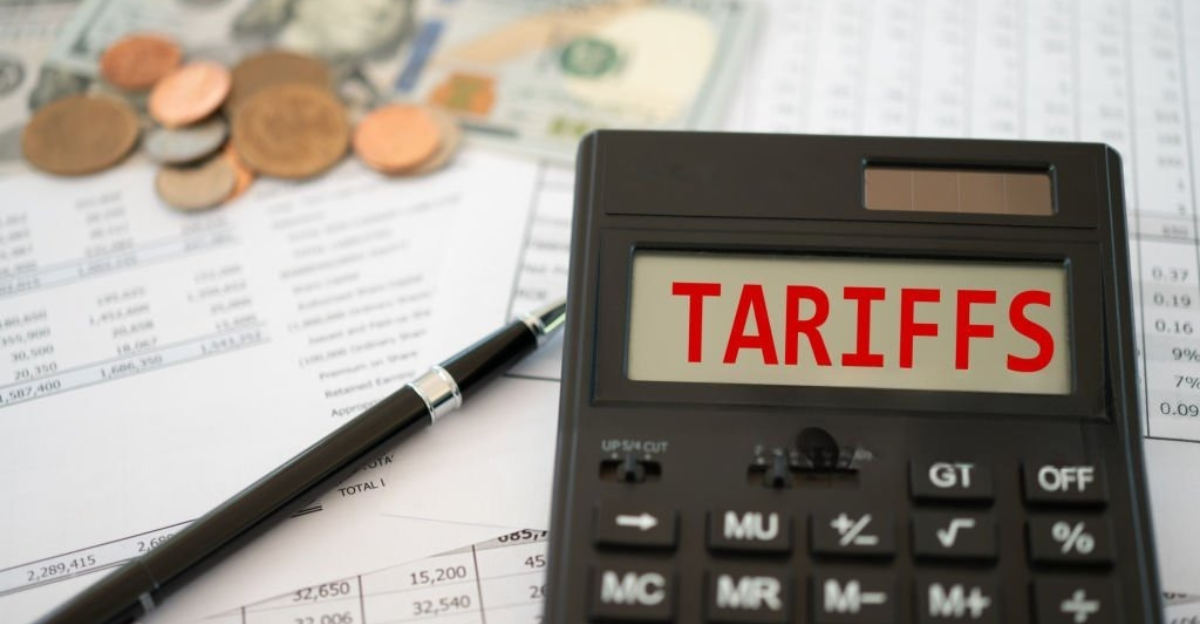
You finally penciled in that lake trip. Maybe a few concerts. Some backyard grilling if the budget stretched. But now? Everything suddenly feels more expensive. And no, it’s not just your imagination.
While you were picking out pool floats, Washington was busy cooking up something else…tariffs. The kind that sneak into prices without warning. Nobody really warned you either. But buried in a report from the Congressional Budget Office is a forecast that could rain all over your summer plans. And guess what, it might start messing with your wallet sooner than you think.
The CBO Warning No One’s Talking About
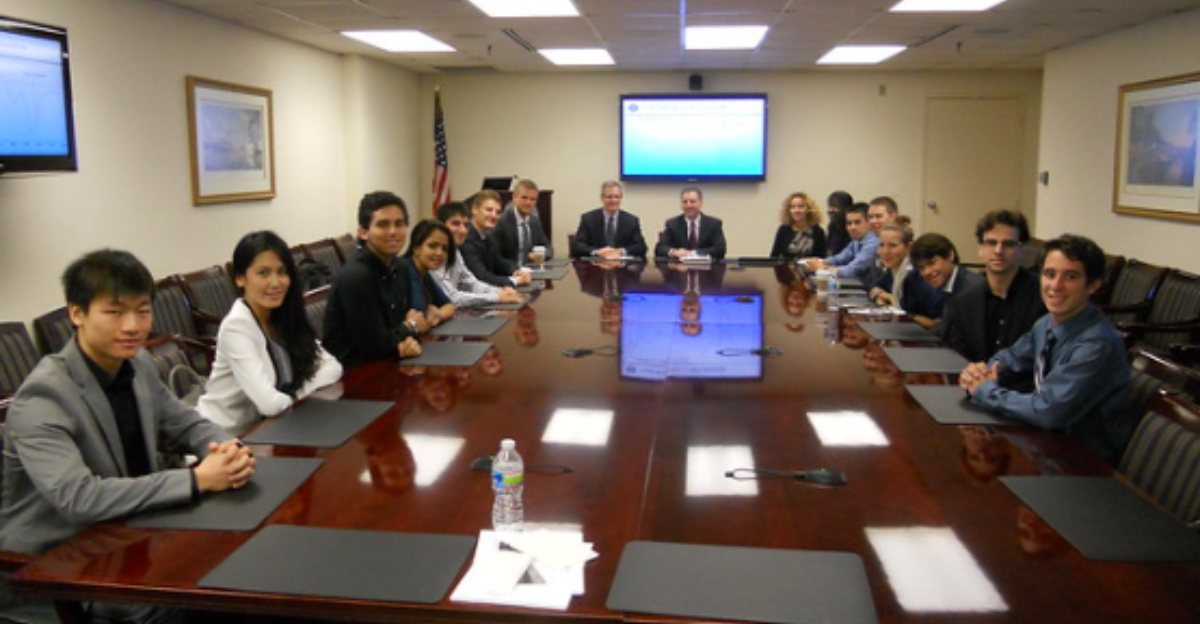
The Congressional Budget Office isn’t exactly a household name. They don’t yell, they don’t tweet, they just drop quiet little bombs in the form of reports. Their latest one says tariffs are going to light a fire under inflation in 2025 and 2026. Not a spark. A full flame.
Prices go up, the economy slows down, and average folks, you know, like you and me, your cousin who still owes you fifty bucks, get squeezed.
It’s the kind of warning that should’ve made headlines, but instead got buried under political noise. Meanwhile, your bank account might feel it before you even realize what hit you.
What These Tariffs Are Actually Targeting
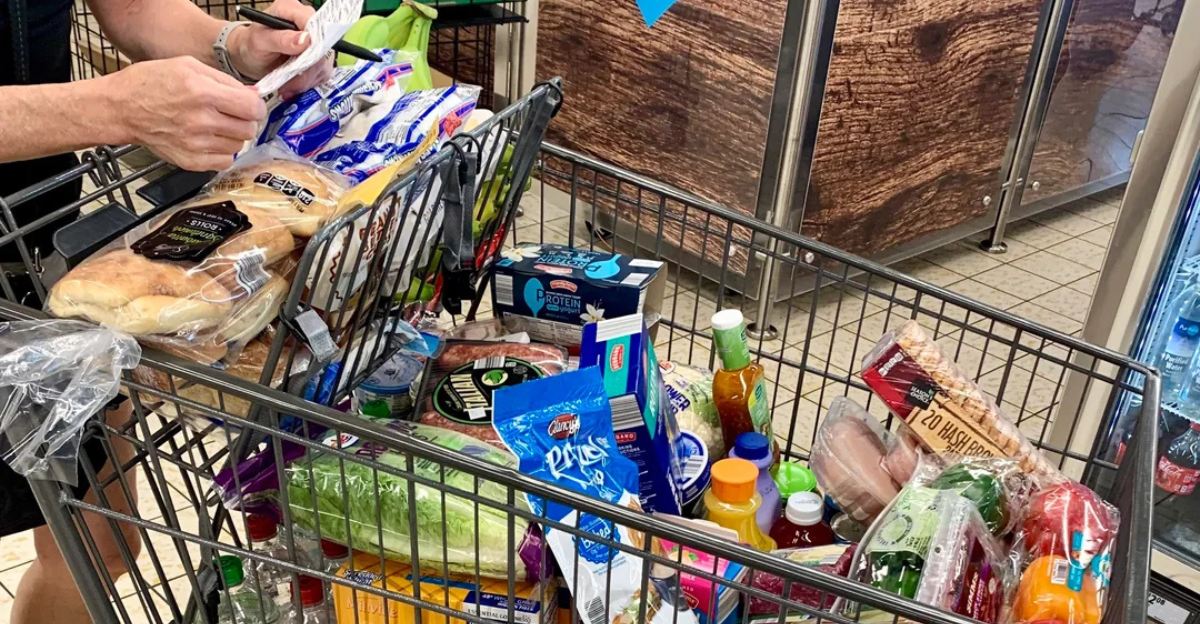
This isn’t just about luxury goods or stuff you never buy. These tariffs are aiming straight at the veins of everyday life. You know, like electronics, cars, raw materials, and even household appliances.
A lot of it is linked to imports from China, especially tech and manufacturing components. So while politicians wave flags and call it strategy, you might just see it as your air fryer costing forty bucks more. While it may not be a direct punch, it surely is a slow grind that works its way into prices at the checkout, the mechanic, and even your Amazon cart. And yep, it all adds up fast.
How Tariffs Quietly Fuel Inflation
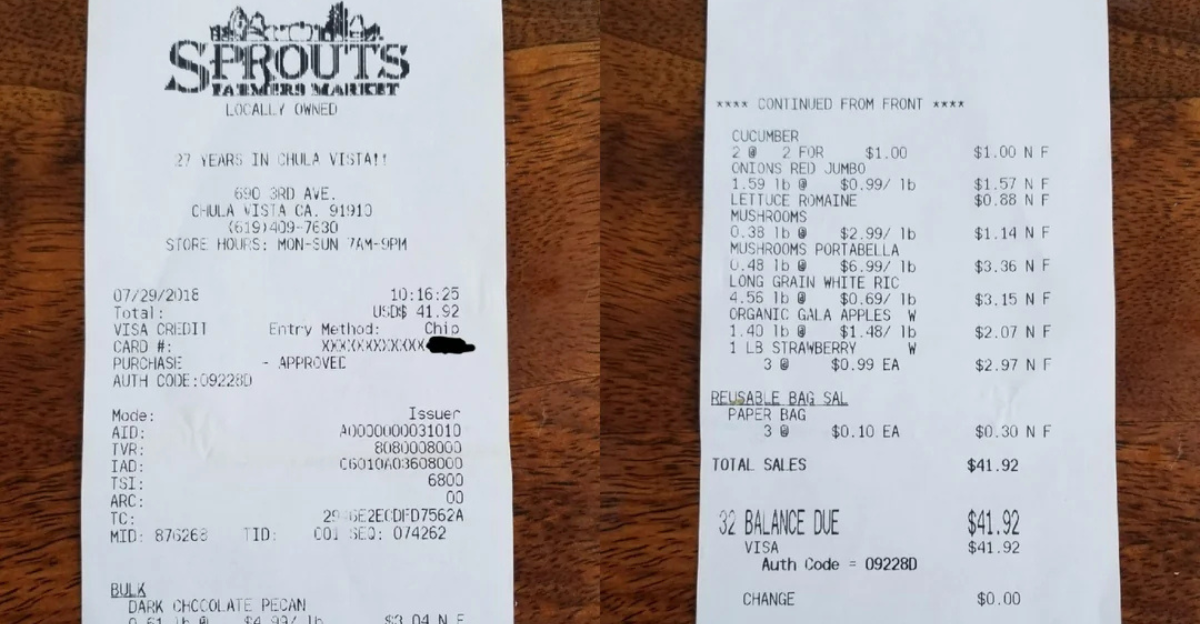
You never see “tariff fee” printed on your receipt, which is kinda the point. However, you feel the effects. Just like gravity.
Companies being hit with these simply pass it down the line, and guess who’s holding the bag at the end? You. It’s a few cents here, a couple of dollars there, and before you know it, your grocery total makes you blink twice (or thrice).
The prices creep up so slowly, it barely registers… until it does. And by then, it’s everywhere.
2025–2026: The Forecast Gets Gloomy
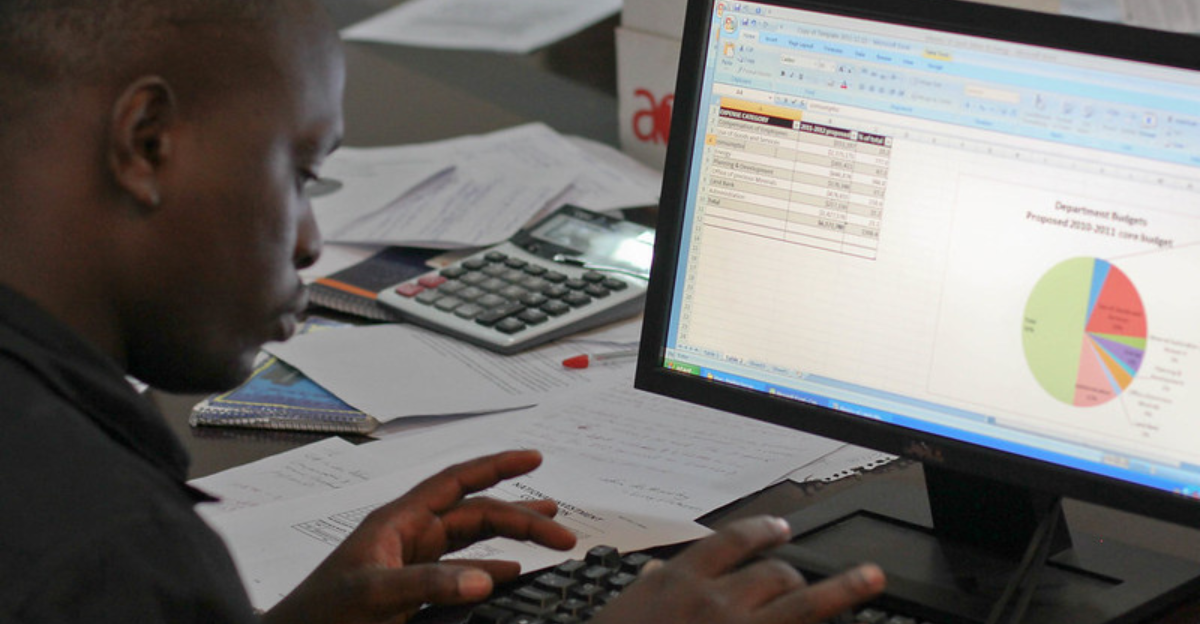
So the CBO (those folks who basically sit around crunching numbers all day). They’re saying we’ve got some rough air ahead. Nothing apocalyptic…hopefully, but it’s looking like prices will keep climbing while the economy just kind of… drags.
Not tanking, but definitely not thriving either. Stuff will cost more, your paycheck will not magically grow, and suddenly you’ll be squeezed from all directions. It’s like, what happened to having a little breathing room? Meanwhile, the big debates go on, but for most of us, it’s just that annoying question creeping in: “Why does my money feel smaller than it used to?”
Why Your Groceries and Gadgets Just Got Pricier
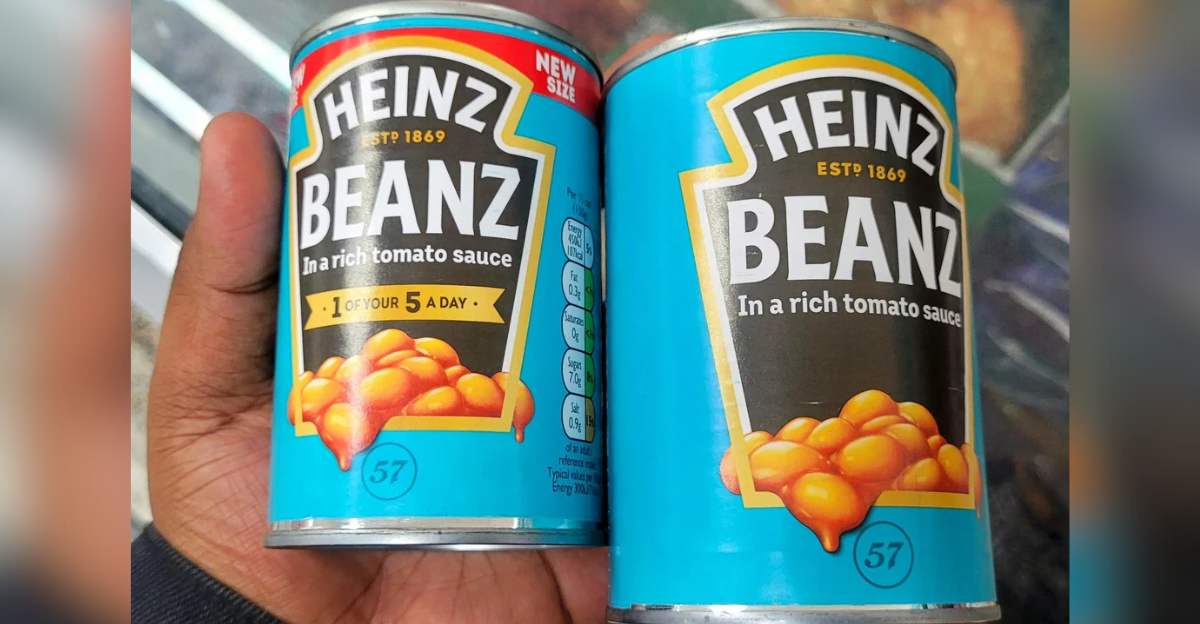
You’re not imagining it. The cereal box is smaller. The phone charger costs more. Even your go-to frozen pizza feels like a splurge now. Tariffs dig deep into the stuff we rely on every day, like packaging materials, machinery, imported ingredients, and parts for electronics.
Companies adjust by cutting corners (shrinkflation) or bumping prices. Sometimes both. And because the price hikes hit in slow motion, you barely notice until you’re standing in aisle five doing mental math like it’s the SATs.
It’s not luxury spending that takes the hit first. It’s the basics. The essentials. The things that make everyday life function.
The Hidden Tax on American Families
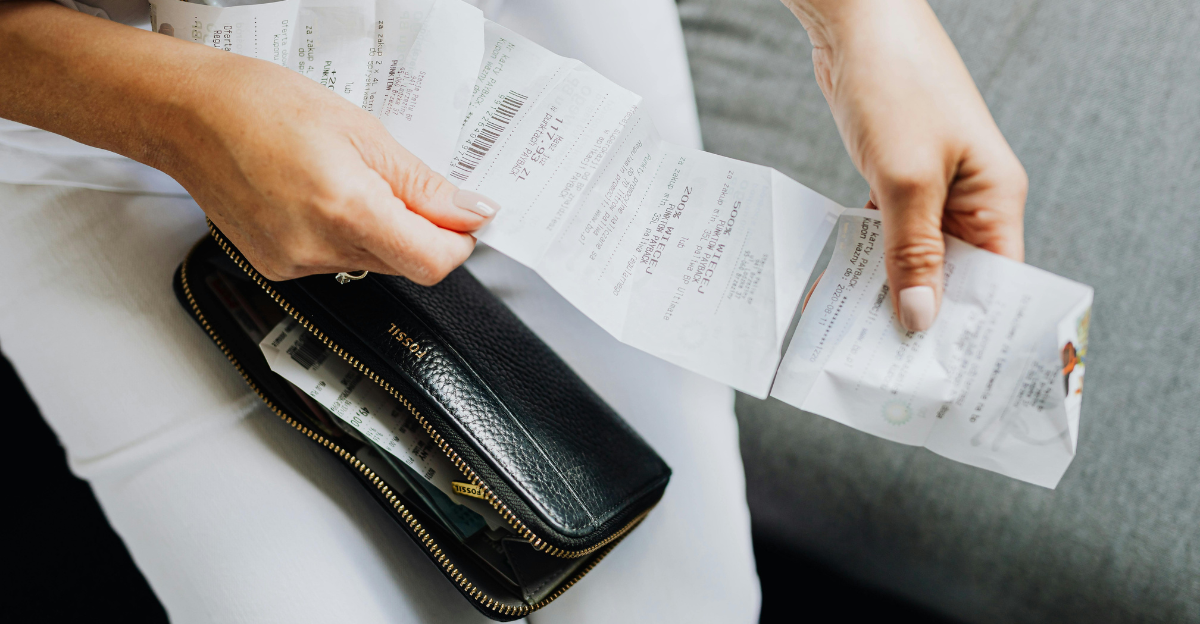
No one calls it a tax, but let’s be real, that’s exactly what it feels like. You’re not paying it at the ballot box or during tax season. You’re paying it every time you check out at the store or fill up your tank. Tariffs raise the cost of goods across the board, and that extra cost? Well, that’s coming straight out of your budget.
No deductions. No refund. Just a slow bleed from your wallet. And while officials spin it as a strategy, families are left stretching every dollar, wondering how something called a tariff suddenly hijacked their weekly budget.
Who Really Pays?

You’d think the big companies bringing in all this stuff would take the hit, right? Yeah… no. They just slide the extra cost right down to you, like it’s no big deal. CEOs might complain behind closed doors, but let’s be honest, they’re still walking away with their bonuses. Meanwhile, you’re out here doing math in the middle of the store, trying to figure out what to put back.
The companies tweak their prices or reduce the weight of your favorite cereal. You end up changing your whole routine. And nobody ever talks about that part. Tariffs might sound strong in speeches, but regular people are the ones carrying the weight.
Will the Economy Shrink… or Just Your Wallet?

The headlines say the economy might “slow down.” Sounds harmless enough, until you realize what that actually means. Slower growth means fewer jobs created, less wiggle room for raises, and a whole lot more stress at the checkout line. The economy won’t crash, but your personal economy? That’s a different story. When your paycheck stays the same but prices keep climbing, it’s your lifestyle that quietly shrinks. No announcement. No parade. Just one skipped dinner out, one delayed car repair, one less road trip. And suddenly, it’s not the economy that feels smaller. It’s your whole summer.
Policy vs. Reality

Trade talks are one of those things most people just kind of zone out on. Tariffs, imports, manufacturing policy… it all sounds like background noise from some government office with bad lighting. But as it turns out, that boring stuff decides what you pay for diapers and laptops and even that plastic patio chair you were eyeing.
While politicians go back and forth playing some big strategy game, you’re out here reworking your grocery budget for the third time this week. This isn’t some far-off issue. It’s right there on your receipts. And by the time you feel it, it’s already too late.
Conclusion

So here we are, trying to enjoy the sunshine while a quiet financial storm brews in the background. Tariffs were meant to look strong on paper, but they’ve crept into your fridge, your gas tank, your dining table, and your weekend plans. The CBO laid it out: higher inflation, slower growth, and less spending power. You didn’t vote for it, but you’re definitely paying for it. And while policymakers debate and deflect, regular people are left reworking their budgets and trimming the fun.
Summer used to mean freedom. Now it just means figuring out what you can afford to skip.